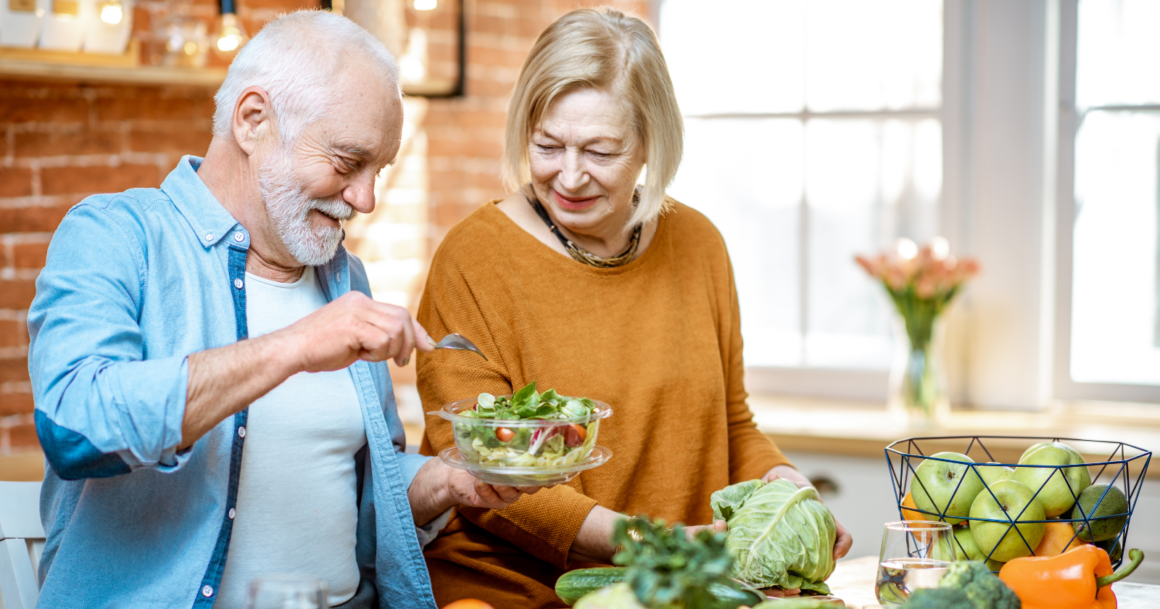A few months ago, I sat with a woman in her early seventies who proudly told me she had passed all the “aging strength tests” she’d read about online.
She could still balance on one leg, rise from the floor without using her hands, and carry her groceries up the front steps without help.
She smiled when she said it. But then her voice softened.
“Still, sometimes I feel like I’m failing,” she said.
That moment lingered with me. In my three decades working with students, families, and later, older adults, I’ve seen how performance metrics can both uplift and diminish us.
We celebrate what people can still do as they age—but we don’t always ask how they feel while doing it, or what they might be carrying emotionally just beneath the surface.
Aging well has become a contest of retained independence, measured by arbitrary tasks.
But strength isn’t only physical. And independence isn’t always empowering.
In truth, many older adults live in the quiet tension between being able to do things on their own and not knowing where to turn when they no longer want to.
That’s the deeper question we’re missing: not can I still do it?, but am I still connected, growing, and seen?
The Metrics We Cling to—and What They Miss
Scroll through any article about aging and you’ll find a familiar title.
And in these articles, the lists often include:
- Stand on one foot for 10 seconds
- Walk briskly for 15 minutes
- Open a tightly sealed jar
- Remember five words after ten minutes
- Rise from a chair without using your hands
They’re not without merit—these are helpful indicators of physical health. But they also reflect a narrow lens. And when we obsess over these benchmarks, we risk reducing the vast, complex experience of aging to a checklist of physical feats.
This isn’t just a cultural quirk—it’s a distortion.
By defining strength as “what you can still do alone,” we reinforce a youth-based value system: that worth is found in self-sufficiency, speed, sharpness.
That needing help is a deficit, not a decision.
But the strongest older adults I’ve known aren’t the ones who pass every test.
They’re the ones who stay open to connection, to change, and to letting go of outdated definitions of success.
One former teacher I worked with, now retired, told me, “I’ve lost a step physically. But I’m finally learning how to ask for what I need. I think that’s a kind of strength I never had before.”
If You Can Do These 7 Things at 70 Without Help, You’re Physically and Mentally Stronger Than Most People Your Age
Let’s redefine what “doing better than most” really means. If you’re able to do the following seven things at 70 without help—not just physically, but with presence and perspective—you’re likely thriving in ways that matter most:
- Get up from the floor without using your hands.
A sign of full-body strength and coordination—yes—but also the confidence to navigate challenges independently. - Walk a mile at a moderate pace without stopping.
Indicates stamina, joint health, and cardiovascular wellness—all central to maintaining autonomy. - Carry your groceries up a flight of stairs.
This isn’t just strength; it’s about function—your body still serving your everyday life. - Recall a short list of items after ten minutes.
Reflects mental clarity and attention span—key to navigating both routine and novelty with ease. - Ask for help when you need it—without guilt.
A hallmark of emotional intelligence. Knowing when to lean on others strengthens relationships and mental well-being. - Mentor or care for someone from another generation.
Whether it’s reading to a grandchild or giving advice to a younger neighbor, generativity keeps purpose alive. - Reframe a setback without losing hope.
Mental flexibility and emotional resilience are true markers of maturity and well-being.
Each of these speaks not just to capability, but to character. They’re not tasks—they’re thresholds of inner and outer vitality.
The Kind of Strength That Doesn’t Make Lists
At 70 and beyond, strength isn’t about how long you can stand on one leg—it’s about how deeply rooted you are in your life.
This is the strength that lives in how we relate to others, how we adapt to change, how we hold ourselves with compassion as we shift from what was to what is.
In educational settings, I often saw students who aced every test but struggled with empathy, or adaptability, or fear of failure.
Older adults face the same trap.
We’ve been trained to value performance, not presence.
But what if presence is the real benchmark?
It’s not glamorous to say, “I reached out to a friend today because I felt lonely.” But it’s strong.
It’s not viral to say, “I let my adult daughter help me pay a bill.” But it’s wise.
And it’s not flashy to say, “I had to grieve who I used to be to enjoy who I am now.”
But that’s the kind of growth no checklist can measure.
Redefining What Aging Strong Looks Like
So back to the woman I mentioned—the one who passed the aging “tests” but still felt off. We started talking not just about what she could do, but what she wanted to feel more of.
“Belonging,” she said. “And meaning.”
We worked together to shift her focus. Each day, she asked herself:
- Did I connect with someone in a real way?
- Did I remain curious about something—even small?
- Did I give or receive something meaningful?
- Did I treat myself like someone who matters?
- Did I make a choice aligned with who I’m becoming?
She started checking those things instead. Not because they’re measurable—but because they’re meaningful.
What I’ve learned about human growth through counseling is this: aging isn’t about what you keep doing the same. It’s about how you keep becoming someone new—with softness, with courage, and with humility.
So yes—if you can do those seven things without help, you’re stronger than most people your age.
But not because you’re defying age.
Because you’re defining it, for yourself.







